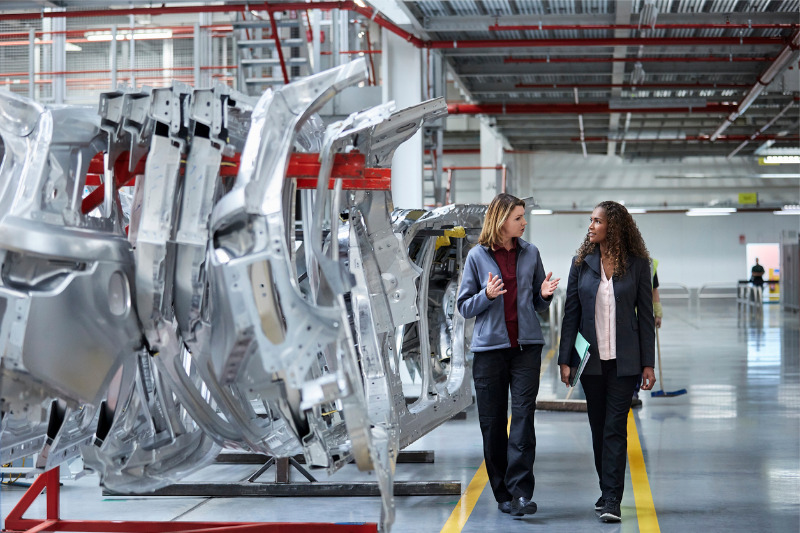Partnership
Vibrant and viable manufacturing sectors reinforce the well-being of our societies.
Global competitive forces put our manufacturers under constant pressure to innovate, increase productivity, lower production cost, reduce environmental impacts, etc. The broad and expanding range of science and technology that in combination can address these challenges require us all to "pull together"; researchers, industry and funders must work coherently.
The United Kingdom, in common with all countries, recognise the importance of manufacturing to our societies and economies. Customers from around the globe will buy products that are innovative, readily available, perform to the highest standards, and competitively priced. Research and development in the design and manufacture of products is the headwater from which solutions that satisfy these criteria flow.
The UK Research Landscape sustains and encourages the nation’s researchers and innovators, with bridges to an extensive International Research Landscape where collaboration and co-operation builds long terms partnerships and strengthens our collective research and development capability and capacity.
The centre for Intelligent Autonomous Manufacturing Systems (i-AMS) welcomes opportunities to participate in research and development projects, and to willingly contribute our lines of development within our Research Themes, or facilitate access to the resources within the Queen's University community, and we are happy to play a co-ordinating role in projects.

What's important to you ?
- agree on how we work together and make decisions
- find benefits in our differences
- work aligned with researchers' career paths
- configure research work to minimise interfaces
- equitable distribution of costs and rewards

What's important to you ?
- focus on the "pinch" points in my systems
- early assessment of the benefits
- how might my business model change
- early identification of the skills needed
- integrate new technology with existing systems
What's important to you ?
- assemble the brightest and the best
- world-class projects that disrupt and stimulate change
- bridge the gaps between research and exploitation
- identify research that could supercharge SMEs
- research aligned to strategic aims

Research projects involve distributed teams, often with different perspectives and requirements. When co-ordinating a project, we enhance the conventional management procedures and processes with elements that ensure activities across the project remain coherent, people communicate effectively, and we all "pull together" ;
- protocols to help partners work together effectively
- metrics to measure the effectiveness of collaboration
- equal commitment to short-term and long-term goals
- visibility of activities across the project
- critical issues identified and resolved quickly
- people have access to information they need to get the job done
- configure work to minimise interfaces across system partitions or partner boundaries
